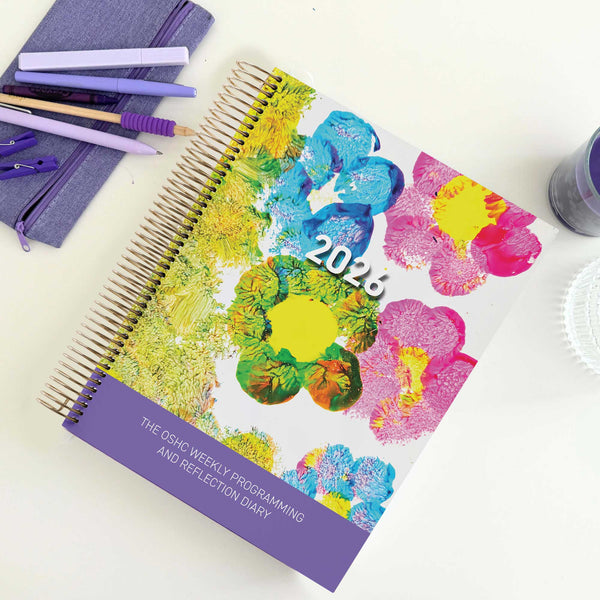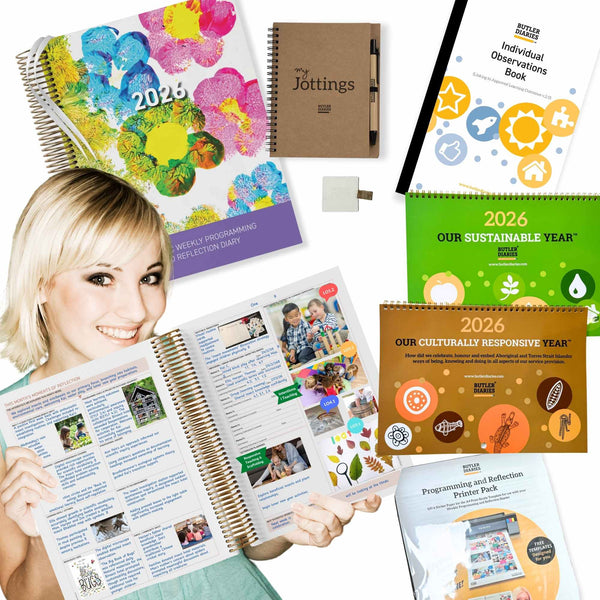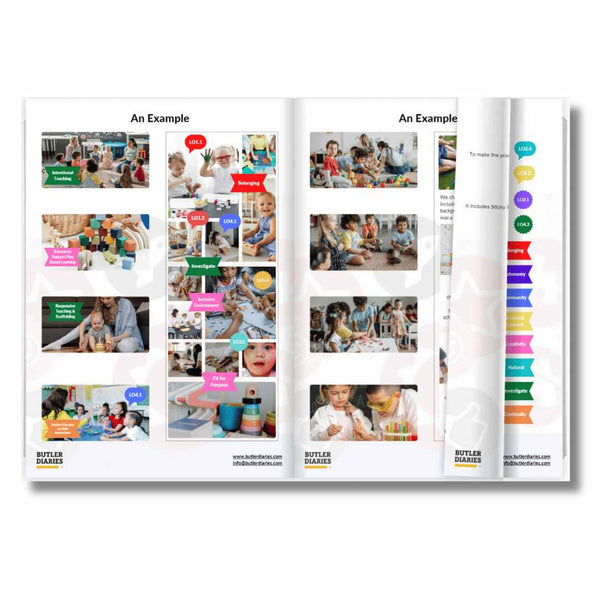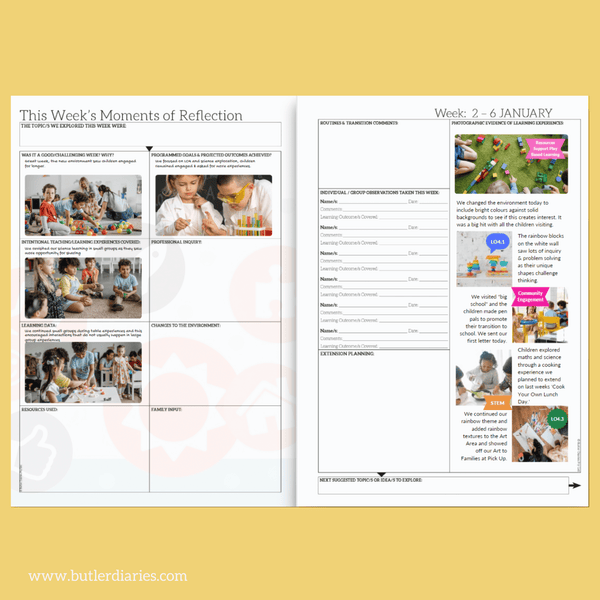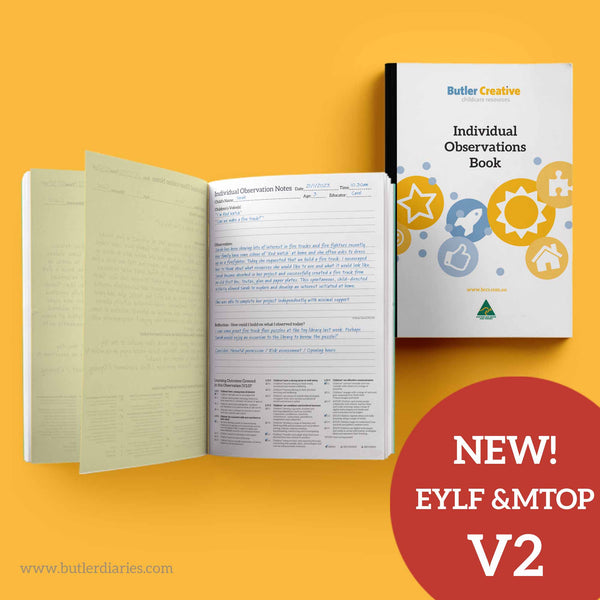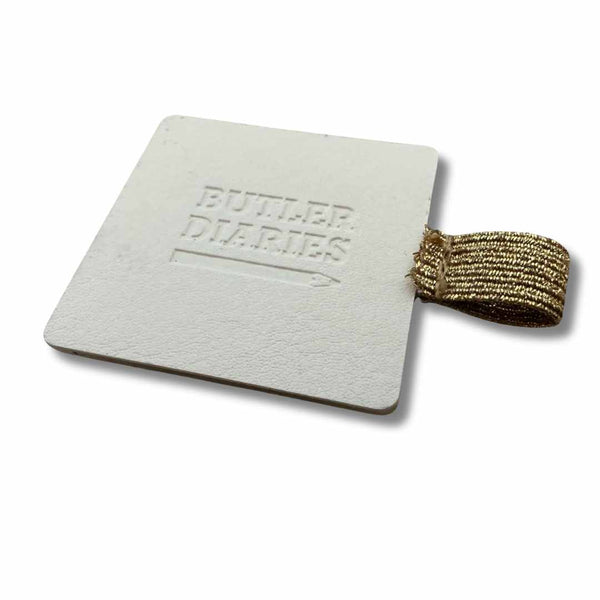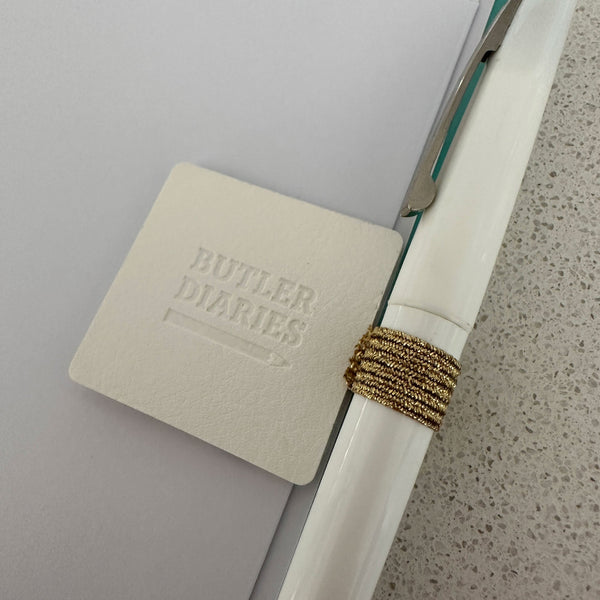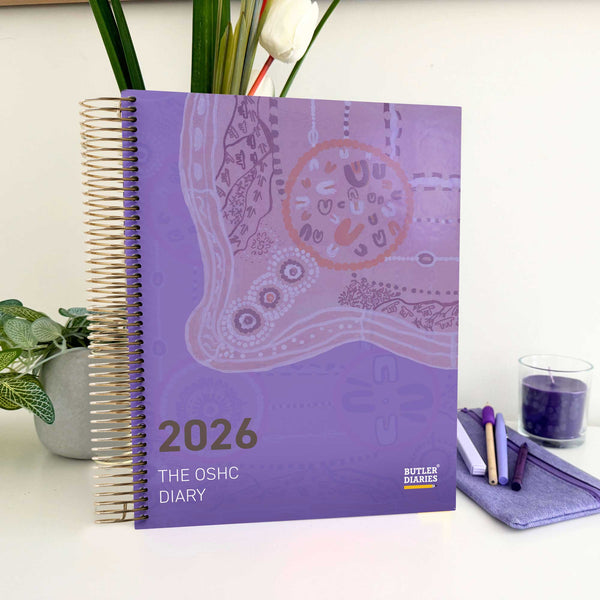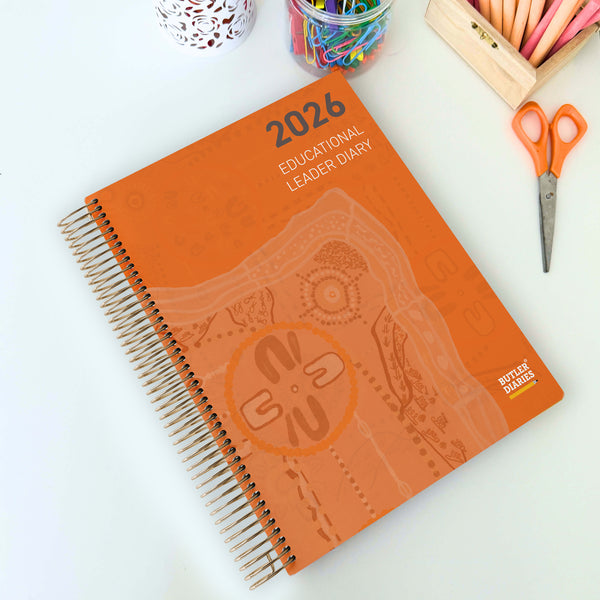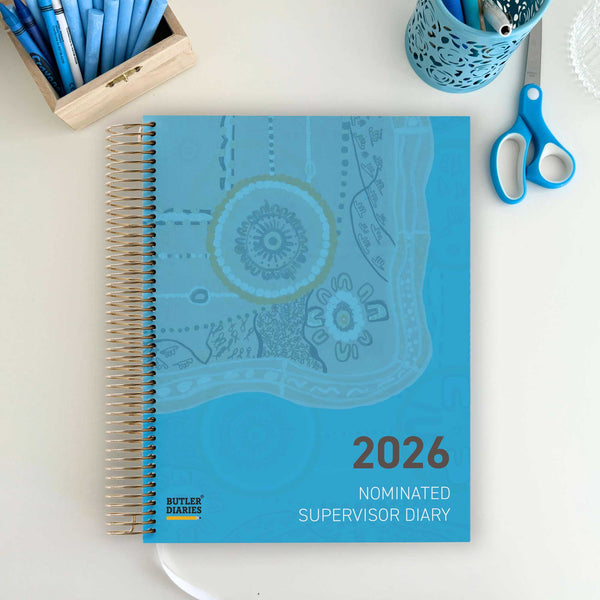You may have seen new information coming through about the requirements for Out of School Hours Care providers.
At Butler Creative Childcare Resources, we make it our business to be across the changes so that our products reflect current requirements.
The new legislation was passed in December 2016 and is influencing how OSHC operates.
The aims of the changes:
The government has decided to make your life easier by cutting down on paperwork and red tape. This is not at the expense of quality care. The changes for the main will come into effect from October 2017.
The main areas that influence OSHC are-
- Some quality areas have been merged. To help streamline departments and cut down red tape, the number of standards of the NQS has been reduced from 18 to 15, and the elements from 58 to 40.
- Services that educate and care for OSHC children in NT, QLD and NSW will no longer be required to keep documentation about individual children’s development. Instead, these services must keep documentation about the development of the educational program. There is no change to existing requirements in ACT, SA, TAS, VIC and WA.
- Ratios of educators to children to be standardised nationally to 1:15 or higher
Regardless of which state you are in, our OSHC Weekly Programming and Reflection Diary is ideal for programming either as a group or focussing on individual children when they are attending/interacting. Reflection remains the same. To create a working profile of your OSHC service and to aid in thoughts, impressions and reflections on the group and individuals, collecting reflections in your diary remains a big part of OSHC compliance documentation

Group reporting is the mainstay. You can collect the information for the group in one handy package. You can use the BCCR OSHC diaries as a resource for this information.

Our diaries aid in complying with the current and new standards:
- The OSHC diary (Director/Office Diary)
- The OSHC Weekly Programming and Reflections Diary (Programming Diary)
QA1 Educational program and practice (Programming Diary)
QA2 Children’s health and safety (Director/Office Diary)
QA4 Staffing arrangements (Director/Office Diary)
QA5 Relationships with children (Programming Diary)
QA6 Collaborative partnerships with families and communities (Programming Diary & Director/Office Diary)
QA7 Governance and Leadership (Director/Office Diary)
If you are looking for further information about the changes, we recommend checking the following:
Need advice or custom items created for your OSHC centre? Contact Butler Diaries today.









